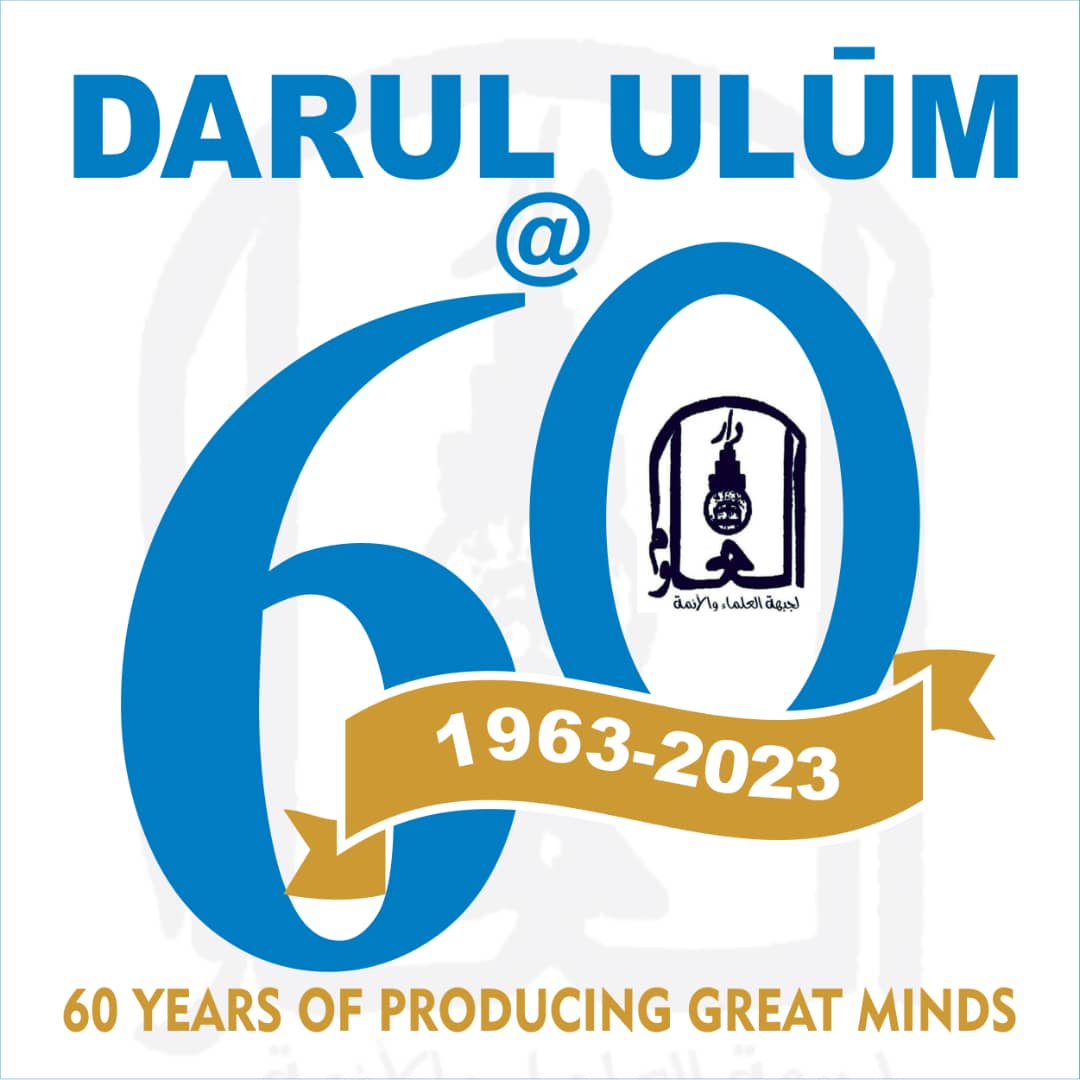Ilorin, a city situated within both the southern and northern regions of Nigeria, has gained reputation for its rich Islamic scholarship. This reputation is the result of the unwavering dedication of Shaykh Alimi and his fellow scholars, including figures like Shaykh Sholagberu and others who collaborated to establish the city on a strong Islamic foundation. Their remarkable achievement was born out of their willingness to prioritize their religious commitment over tribal affiliations. Rather than viewing one another through the lens of being Hausas, Fulanis, Yorubas, or Nupes, they embraced a shared religious identity. Following in the footsteps of these pioneering scholars, subsequent generations in Ilorin continued to uphold the flag of Islam not only within the city but also across Yorubaland. Consequently, Islamic scholarship became a highly cherished legacy that parents aspired to pass down to their children. In nearly every neighborhood in Ilorin, study circles, known as “Ile Kewu,” flourished, where young minds were nurtured in accordance with Islamic tradition.
However, the early 20th century brought challenges to Islamic scholarship in Ilorin with the advent of colonialism and the introduction of Western education by European colonizers. The Western education system posed a significant threat to the deeply rooted Islamic scholarship, as it was seen as a means to replace Islam with Christianity. This was part of a broader agenda pursued by colonialism and evangelism to impose Christianity on the indigenous population. In Yorubaland, the colonialists succeeded in convincing many Muslims to change their names or convert to Christianity in exchange for access to Western education.
Yet, the robust Islamic foundation of Ilorin proved resilient and defiant against the determined efforts of the colonialists and evangelists to achieve their objectives. Scholars in Ilorin took a pivotal step to protect and preserve their Islamic heritage by convening to deliberate on a solution. Ultimately, they decided to establish a modern Arabic school where children could receive comprehensive instruction in Islam. This endeavor resulted in the establishment of Dār al-‘Ulūm li Jabhatul ‘Ulamāi wa al-Aimmah.
Translated as the “Abode of Knowledge,” Dār al-‘Ulūm represents a tangible intellectual intervention undertaken by the stakeholders in Ilorin to safeguard the city’s Islamic heritage from the encroachment of Western civilization through education. Dār al-‘Ulūm stands as a testament to the collaboration between the royal family and scholarly figures in the town, setting it apart from other Arabic schools in the region.
Alhaji Muhammad Zulul-Qarnain Gambari, the ninth Emir of Ilorin and a proud descendant of Shaykh Alimi, lent his support to the idea of establishing a modern Arabic school akin to the Markaz of Agege founded by Shaykh Adam Abdullah al-Ilory. This idea evolved into reality through the combined efforts of the Emir and scholars led by Shaykh Adam Abdullah al-Ilory, who meticulously planned and executed the establishment of Dār al-‘Ulūm.
Analogously, Dār al-‘Ulūm can be likened to a delectable dish crafted from various ingredients sourced from different ethnic groups within the Ilorin Emirate, including the Fulanis, Hausas, Nupes, and Yorubas. The three prominent Imams of Ilorin, Imam Fulani Shaykh Ahmad al-Fulani, Imam Imole Shaykh AbdulHameed, and Imam Gambari Shaykh Khidr Alabire, each nominated leading scholars from their respective constituencies to form a collaborative committee. The deliberation of their meetings was to have two learning centres for the younger ones at Isale Koto, and for the elderly ones at Isale Oja. This inclusive approach has contributed to Dār al-‘Ulūm’s wide acceptance in the city.
Dār al-‘Ulūm aligns with the Markaz in terms of its orientation and curriculum due to the remarkable success it achieved in its first decade. Shaykh Adam played a pivotal role as coordinator, providing the academic resources and personnel needed for student training. He not only dispatched teachers from Markaz to the fledgling school but also personally participated in teaching the initial group of students. Several notable scholars, including Shaykh Yahya Murtadho Agodi, Dr. (Baba) Y.K Jumu’ah, Shaykh AbdulYaqeen AbdulHameeed Akeyede, and Prof. Isa Alabi, made significant contributions to Dār al-‘Ulūm. Moreover, Dār al-‘Uloom shares the same uniform with Markaz, effectively serving as a feeder school for the latter. Other scholars also played essential roles in the school’s development, with Shaykh Ahmad al-Ghazali Isale Koto providing space in his mosque and contributing to administrative functions, while Shaykh Adam Gambari ensured the smooth operation of the school through regular visits.
Thanks to the strong foundation and dedicated efforts of its stakeholders, Dār al-‘Ulūm embarked on the journey of producing future leaders in various fields. Its first graduating class in 1966 included eminent individuals such as Chief Imam of Imale, Shaykh Abdullah AbdulHameed, Prof. AbdulBaqi Shuaib Agaka of UDUS, Prof. Hamzah AbdulRaheem of KWASU, Prof. Mahmud Ganmon of Umar Yardadua University Katsina, late Dr. AbdulHameed Alabidun of BUK, Dr. Ahmad Ghazali Isale Koto of Sheu Shagari College of Education, Sokoto, late Dr. Hamid Olagunjun of Unilorin, and many others. Subsequent cohorts produced high-profile personalities like Hon. Justice (rtd) Ahmad Belgore, Grand Khadi (rtd) Justice S.O. Muhammad, Justice AbdulQadir Ola who occupied the position of Grand Qadi of Kwara State Shari’ah Court of Appeal, and Justice (rtd) AbdulRaheem Ibrahim, among others, who have left a significant mark on society.
The graduates of Dār al-‘Ulūm have gone on to become religious leaders, preachers, teachers, justices, lecturers, lawyers, medical doctors, and scientists. The school is arguably the most prolific Arabic school in Ilorin and the entire Yorubaland, boasting the highest number of alumni in academic positions. A recent survey revealed that there are approximately 10 professors and more than 50 PhD holders among Dār al-‘Ulūm’s alumni. These accomplished individuals serve as lecturers in various universities and colleges, both in Nigeria and abroad, making substantial contributions to their respective fields, including Arabic, Islamic Studies, Law, Education, and more.
Considering the monumental contributions of Dār al-‘Ulūm to society, it is fitting to celebrate its 60th anniversary. To mark this Diamond Jubilee of their alma mater, the Alumni Association has organized a series of events from October 27th to 29th. The first day, the 27th, will feature a special prayer at the school premises in Isale Koto and a Friday prayer at the Ilorin Central Mosque. The 28th, day two, will include an award presentation and the launch of two books. The first book compiles articles by alumni and their friends, while the second is a collection of poems by alumni. These events will take place at the Kwara State Stadium, with numerous dignitaries, including the State Governor, in attendance. On the 29th, day three, an intellectual symposium at the school premises will feature the presentation and discussion of significant papers and poems by prominent academics. Muslims from across Nigeria and beyond are invited to join these events.
May Allah, the Almighty, reward the ninth Emir Muhammad Zulu Qarnain Gambari, Shaykh Adam Abdullah al-Ilory, and all those who contributed to the establishment of Dār al-‘Ulūm, the unique citadel of Arabic learning in Ilorin. Ameen.
Dr. AbdulHameeed Badmas Yusuf
An Alumnus of Dār al-‘Ulūm,
Department of Religions University of Ilorin Nigeria



